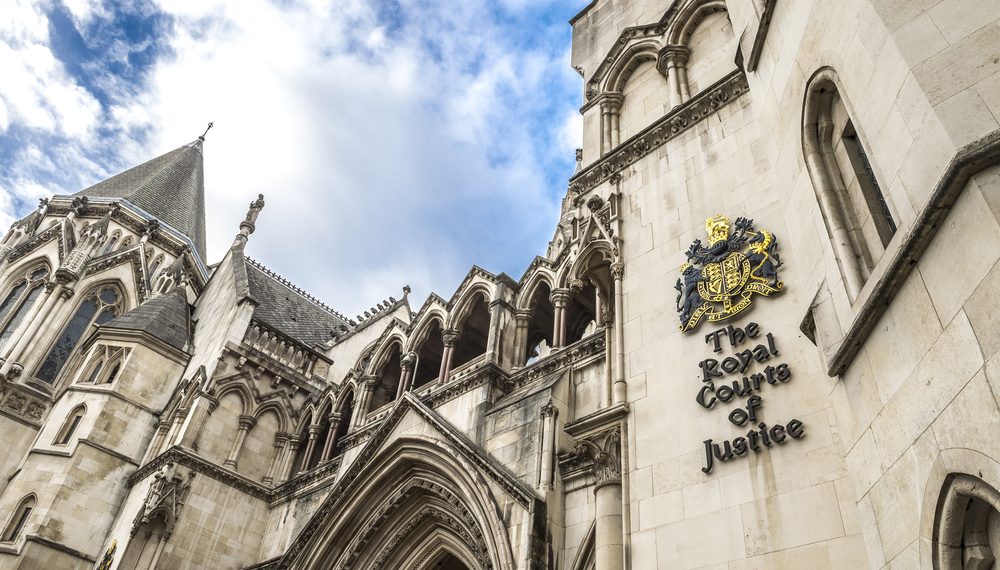Protecting your reputation as you reopen for business
Even a casual glance at social media these days suggests that every individual reacts differently to the implementation of social distancing measures introduced at businesses to enable their reopening. Some appreciate the steps taken for their safety. Some feel it unnecessary. Others perceive social distancing measures that meet or exceed the guidelines as being inadequate.
Although most business owners and managers welcome the re-opening of their shop, pub or other premises, many have found it challenging to make the necessary arrangements to protect workers and customers. From adapting physical layouts and the flows of people within them to acquiring suitable PPE and disinfectant, many businesses have found implementing social distancing both costly and time consuming.
Imagine then, for a moment, the heartache – and very real business damage – that could be caused by an untruthful customer review, post from a disgruntled employee, or anonymous comment you’re certain came from a competitor:
“It was obvious our waitress had Corona!”
“That place is so unclean you’re bound to catch the virus there.”
“There were 100 or more people in the shop when I visited.”
“The manager put me at risk by making me clean all the surfaces ten times a day.”
“Our manager is forcing us back to work in totally unsafe conditions – we’re virtually on top of each other”.
It might sound a bit far fetched, but we’ve seen content like this ourselves and business owners are clearly worried – calls on the Nick Ferrari’s LBC radio programme filled nearly an hour when the subject came up on his programme last week.
When a person publishes information that can be shown to have actually damaged the reputation of a person or business, and that information is untrue, it might be possible for NetRights to intervene on your behalf. Whether it’s getting the untrue content removed, securing a public redaction or apologies, or seeking financial compensation, we’re often able to remedy the situation before further reputational damage is caused.
[The content of this article is provided for information purposes only and should not be construed or relied upon as legal advice. Please contact NetRights to discuss your circumstances with our friendly and professional team.]



